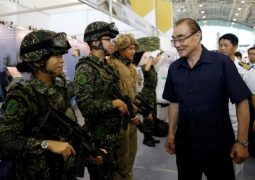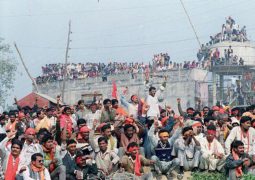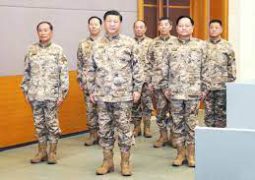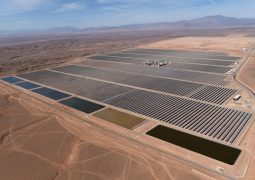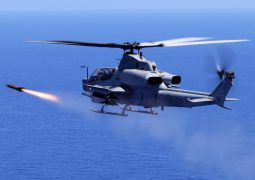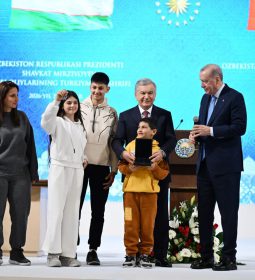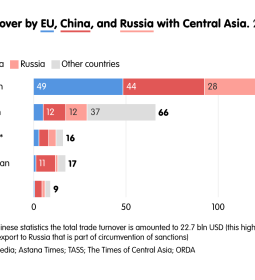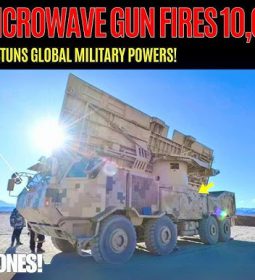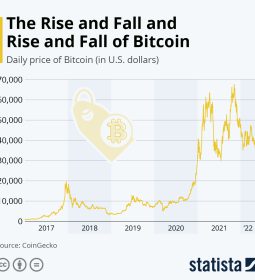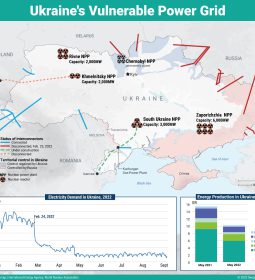South Korea’s draft at UN Security Council played against Iran: 4 in favor, 2 abstained and 8 against

On 19 September, the Security Council voted on the draft resolution submitted by the Republic of Korea (ROK) in its capacity as Council president that would have continued the sanctions relief for Iran under the 2015 Joint Comprehensive Plan of Action (JCPOA). The draft text received four votes in favour (Algeria, China, Pakistan, and Russia); nine against (Denmark, France, Greece, Panama, Sierra Leone, Slovenia, Somalia, the UK, and the US); and two abstentions (Guyana and ROK).
Iran: Vote on a Draft Resolution regarding the “Snapback” of UN Sanctions*
Tomorrow morning (19 September), the Security Council is expected to vote on a draft resolution regarding the “snapback” of UN sanctions on Iran, which were lifted under the 2015 Joint Comprehensive Plan of Action (JCPOA) on Iran’s nuclear programme. Pursuant to the JCPOA and resolution 2231 of 20 July 2015 which endorsed it, the draft resolution was put forward by the Republic of Korea (ROK) in its capacity as Council president this month. The text in blue contains a single operative paragraph that decides that the provisions of the Council’s previous resolutions imposing sanctions on Iran—from resolution 1696 of 31 July 2006 to resolution 2224 of 9 June 2015—”remain terminated”. If adopted, the draft resolution would therefore continue to provide sanctions relief.
Background
The JCPOA was concluded in July 2015 between Iran and permanent Council members China, France, Russia, the UK, and the US, as well as Germany (collectively known as the P5+1), and unanimously endorsed by the Council through resolution 2231. The agreement placed significant restrictions on Iran’s nuclear programme in exchange for relief from UN sanctions, which the Council had imposed starting in 2006. The restrictions were scheduled to progressively expire over time, culminating in the “termination day” of 18 October 2025, when the Council would end its consideration of the Iranian nuclear file.
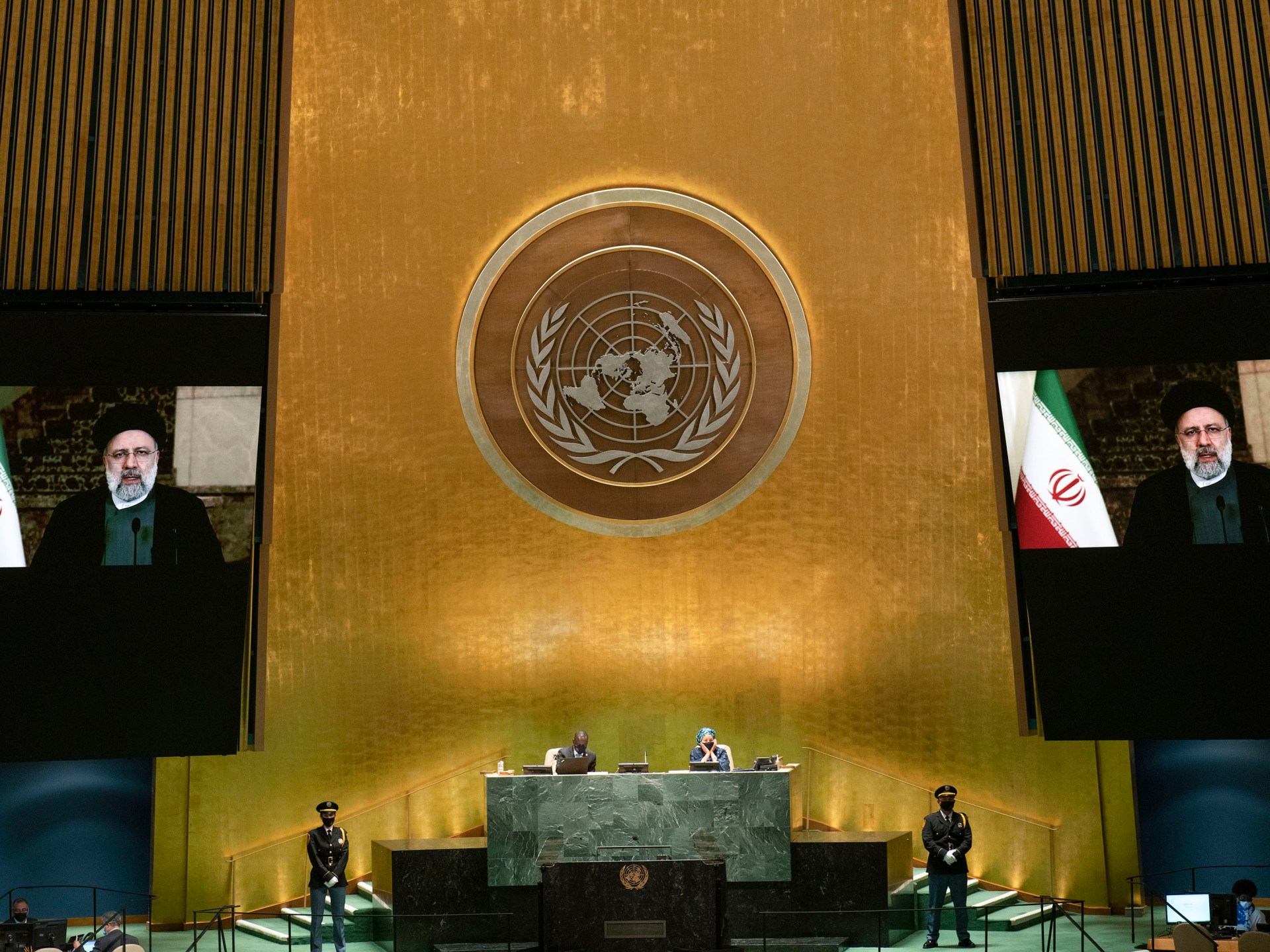
The agreement also contained a provision—known as the “snapback” mechanism—allowing any JCPOA participant to reimpose UN sanctions in the event of “significant non-performance” by Iran. The snapback operates through a two-stage process anchored in both the JCPOA (articles 36–37) and resolution 2231 (operative paragraphs 11–13). If a participant considers another to be in “significant non-performance”, it may refer the matter to the JCPOA’s Joint Commission and its Dispute Resolution Mechanism (DRM), which has up to 35 days to resolve the disagreement. If still unresolved, the participant may notify the Security Council. Once such a notification is made, a 30-day clock begins; if no Council member has submitted a draft to continue sanctions relief within the first ten days of that period, the Council president must submit such a draft and put it to a vote. If the draft is not adopted within the 30-day window—either because it lacks the requisite nine votes or is vetoed by a permanent member—the previous UN sanctions resolutions automatically “snap back” into effect at the end, without requiring further Council action. This would reinstate UN prohibitions against Iranian uranium enrichment, re-establish extensive restrictions on arms, finance, and shipping in relation to the country, and re-designate individuals and entities connected to Iran’s nuclear and missile programmes.

The JCPOA has faced significant challenges since May 2018, when the US under the first administration of President Donald Trump unilaterally withdrew from the agreement and reimposed comprehensive national sanctions against Iran. In response, Iran began incrementally reducing its compliance with the JCPOA, including by enriching uranium to 60 percent purity—approaching the approximately 90 percent level considered weapons-grade and well above the 3.67 percent limit imposed by the JCPOA. In January 2020, France, Germany, and the UK—known within the context of the JCPOA as the “E3”—triggered the DRM in response to Iran’s actions, although they subsequently suspended the process. Parallel US efforts to invoke the snapback mechanism in August 2020 were widely dismissed by other Council members on the grounds that the country was no longer a JCPOA participant. After President Joe Biden assumed office in January 2021, the US and Iran began indirect talks aimed at restoring the deal, but those discussions collapsed in 2022 without agreement. Subsequent years saw the expiry of certain restrictions under the JCPOA, including on Iran’s missile programme in October 2023—a milestone known as “transition day”—but European countries maintained their national sanctions, citing Iran’s continued non-compliance with the deal.
Events in 2025 have further heightened tensions. After Trump’s return to office in January, the US resumed its “maximum pressure” policy against Iran, even as the two countries restarted bilateral talks on a new agreement. In June, the Board of Governors of the International Atomic Energy Agency (IAEA) adopted a resolution finding Iran in non-compliance with its safeguards obligations under the Treaty on the Non-Proliferation of Nuclear Weapons (NPT). Following subsequent Israeli and US strikes on Iranian nuclear facilities, the Iranian parliament passed a law suspending the country’s cooperation with the IAEA, leaving the Agency without access to Iranian nuclear sites. European officials have since argued that the absence of monitoring, combined with Iran’s stockpiles of highly enriched uranium—whose whereabouts remain unverified following the strikes—poses acute proliferation risks. The E3 therefore warned that unless Iran returns to serious negotiations over its nuclear programme, they would trigger the snapback mechanism by the end of August. This would ensure that the process concludes by October, when Russia—an ally of Iran—will assume the Council presidency.
Iran has rejected the E3’s grounds for invoking the snapback. In a 20 July letter to the Council, Iranian Foreign Minister Abbas Araghchi argued that the E3 have forfeited participant status in the JCPOA through “flagrant violations” of their own commitments, rendering any resort to the snapback “null and void”. Tehran maintains that European states failed to uphold the economic dividends promised under the accord after the US withdrawal, and that their alignment with the US, retention of certain national sanctions, and support for IAEA censure resolutions demonstrate bad faith. Iranian officials have further warned that triggering the snapback could prompt the country’s withdrawal from the NPT. China and Russia have echoed Iran’s objections, with Russia additionally arguing that the E3 failed to first exhaust the DRM process required to trigger the snapback. Some analysts have suggested that, if sanctions are restored, China and Russia may challenge the reconstitution of the Council’s lapsed 1737 Sanctions Committee and the appointment of a new panel of experts, complicating implementation even if the measures remain legally binding. They could also hold up the selection of a chair for the committee.
Snapback Invocation and Tomorrow’s Vote
In a letter dated 28 August, the E3 foreign ministers notified the Council that they believe Iran is in “significant non-performance” of its commitments under the JCPOA, thereby triggering the snapback mechanism. In their letter, the E3 argued that their decision to do so was based on “clear factual evidence” of Iran’s non-performance, citing the country’s enriched uranium stockpile of more than 8,400 kilograms—over 40 times the JCPOA’s agreed limit—including the several hundred kilograms enriched up to 60 percent purity that remain unaccounted for. The letter also highlighted Iran’s operation of thousands of advanced centrifuges, the production of enriched material at prohibited facilities, and its rollback of IAEA monitoring measures, which has deprived the Agency of the ability to provide assurances of the peaceful nature of Iran’s programme.
The E3 noted in their letter that they had recently offered Iran a temporary extension of resolution 2231 should the country “take specific steps to address our most immediate concerns”, including restoring the IAEA’s access to its nuclear facilities; accounting for its stockpile of highly enriched uranium; and resuming negotiations with the US on a new nuclear deal. The E3 stated that Iran had not engaged on this offer, however, and that the country’s ongoing actions therefore left them with no credible alternative to invoking the snapback provisions. At the same time, the E3 stressed that triggering the mechanism does not preclude diplomacy, signalling their readiness to continue talks with Iran and other stakeholders during the 30-day period before sanctions are automatically restored, with the aim of reaching a negotiated outcome that could still avert the full reimposition of measures. Similarly, in a 28 August statement, US Secretary of State Marco Rubio expressed support for the E3’s decision to initiate the snapback but also affirmed that the US remains available for direct engagement with Iran “in furtherance of a peaceful, enduring resolution to the Iran nuclear issue”.
On 8 September—ten days after the snapback invocation in line with resolution 2231—the ROK in its capacity as Council president introduced its draft resolution to Council members and put it in blue. The presidency did not schedule a vote, however, as negotiations between Iran, the E3, and the IAEA continued.
In a 10 September statement at the most recent quarterly meeting of the IAEA Board of Governors, IAEA Director General Rafael Mariano Grossi announced that the Agency had reached an agreement with Iran on modalities to resume cooperation. While the text of the agreement has not been made public, Grossi said that it “provides for a clear understanding of the procedures for inspection, notifications and their implementation”, aiming to “reconcile two equally important parameters”: Iran’s new law restricting cooperation with the Agency, and the country’s legal obligations under its NPT safeguards agreement. The deal with the IAEA reportedly calls for Iran to submit a report clarifying the status of its stockpile of highly enriched uranium, after which negotiations would take place on a new inspection mechanism for Iran’s nuclear facilities, apparently subject to approval by Iran’s Supreme National Security Council.
As the agreement does not impose time-bound commitments on Iran, and its implementation would not be verifiable prior to the expiration of the 30-day snapback window, it seems that this did not alleviate the E3’s previously stated concerns. Yesterday (17 September), the E3 foreign ministers, as well as EU High Representative for Foreign Affairs and Security Policy Kaja Kallas, held a call with Araghchi to continue negotiations. That consultation also reportedly failed to achieve a breakthrough, after which the German Foreign Office issued a statement underscoring the E3’s view that Iran “has yet to take the reasonable and precise actions necessary to reach an extension of resolution 2231” and reiterating their “determination to move ahead with the reimposition of sanctions absent concrete actions in the coming days”. It seems that the ROK in its capacity as Council president subsequently scheduled a vote on the draft resolution for tomorrow morning.
At tomorrow’s vote, the draft resolution will fail to pass if it does not receive the requisite nine votes in favour. It seems that at least three members—China, Russia, and Pakistan—are expected to vote for the draft. By contrast, at least eight members—Denmark, France, Greece, Panama, the ROK, Slovenia, the UK, and the US—are expected to not support it, although it remains unclear whether these members will vote negatively or abstain. If the draft resolution were to garner nine favourable votes, the US is expected to veto it.
If the resolution fails to be adopted either due to a lack of votes or to a veto, and the Council takes no further action, UN sanctions on Iran will be imposed at the end of the 30-day window on 28 September. Negotiations to reach an extension agreement may continue over the next ten days, however, including during the high-level week of the UN General Assembly scheduled to take place in New York next week. Such negotiations could involve a separate draft resolution proposed by China and Russia that decides to extend the JCPOA and resolution 2231 for six months, until 18 April 2026. China and Russia put that draft text in blue on 28 August but had not requested a vote on it at the time of writing.
_____________________________________________________
**Post-script:
- Previous Where is North Korea!? Britain’s outgoing spy chief highlights Russia, China and Iran as threats
- Next Erdogan and Netanuahu keep trading war or words: for now…



